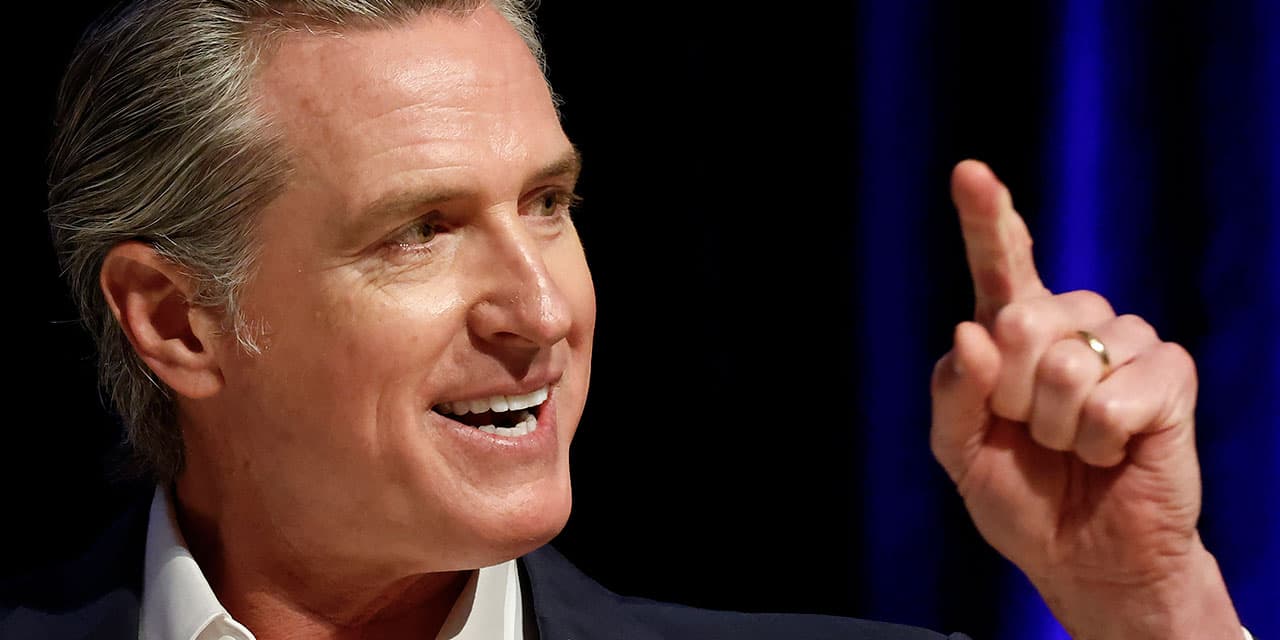Conservative Analyst: Democratic 'Abundance' Rebrand Fails to Address Public Perception of 'Disorder'

Conservative analyst Jesse Arm has publicly questioned the efficacy of the Democratic Party's recent "Abundance" or economics-focused rebrand. Arm, the Vice President of External Affairs at the Manhattan Institute, stated that such a reorientation "won’t resonate" as long as Democrats are "defined by disorder—endless permissiveness on crime, drugs, and homelessness." His remarks highlight a significant internal and external critique facing the party as it seeks to redefine its economic message.
The "Abundance agenda," popularized by figures like Ezra Klein and Derek Thompson, represents a centrist push within the Democratic Party to address perceived governmental inefficiencies. Proponents advocate for cutting excessive regulations to facilitate the building of more housing, energy infrastructure, and technological innovation, aiming to broadly raise living standards. This strategy seeks to shift the party's focus towards tangible economic output and away from what some see as overregulation.
However, this rebrand has faced considerable skepticism, particularly from the Democratic Party's progressive wing. Critics argue the "Abundance agenda" is merely "neoliberalism’s rebrand," heavily influenced by corporate interests and tech billionaires. A recent Demand Progress poll indicated that 55.6% of voters prefer a populist agenda focused on combating corporate power over the "abundance agenda." This internal divide underscores a fundamental disagreement on the party's core economic priorities.
Jesse Arm's critique emphasizes that economic messaging may be overshadowed by public perception of the party's stance on social order. As an executive at the conservative Manhattan Institute, Arm's perspective aligns with a broader right-leaning narrative that links Democratic policies to societal issues like rising crime rates, drug problems, and homelessness. He suggests that addressing these visible concerns is paramount for the party to gain public trust, regardless of economic proposals.
The tension between the "Abundance" economic focus and the public's perception of social disorder presents a critical challenge for the Democratic Party's future electoral prospects. While some within the party champion deregulation for growth, others, alongside external critics like Arm, contend that neglecting issues of public safety and urban stability could undermine any economic rebrand. This ongoing debate reflects the complex array of issues Democrats must navigate to connect with a diverse electorate.